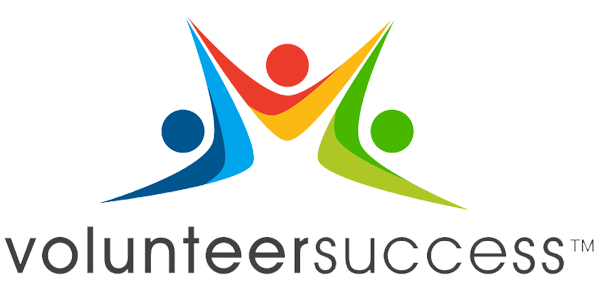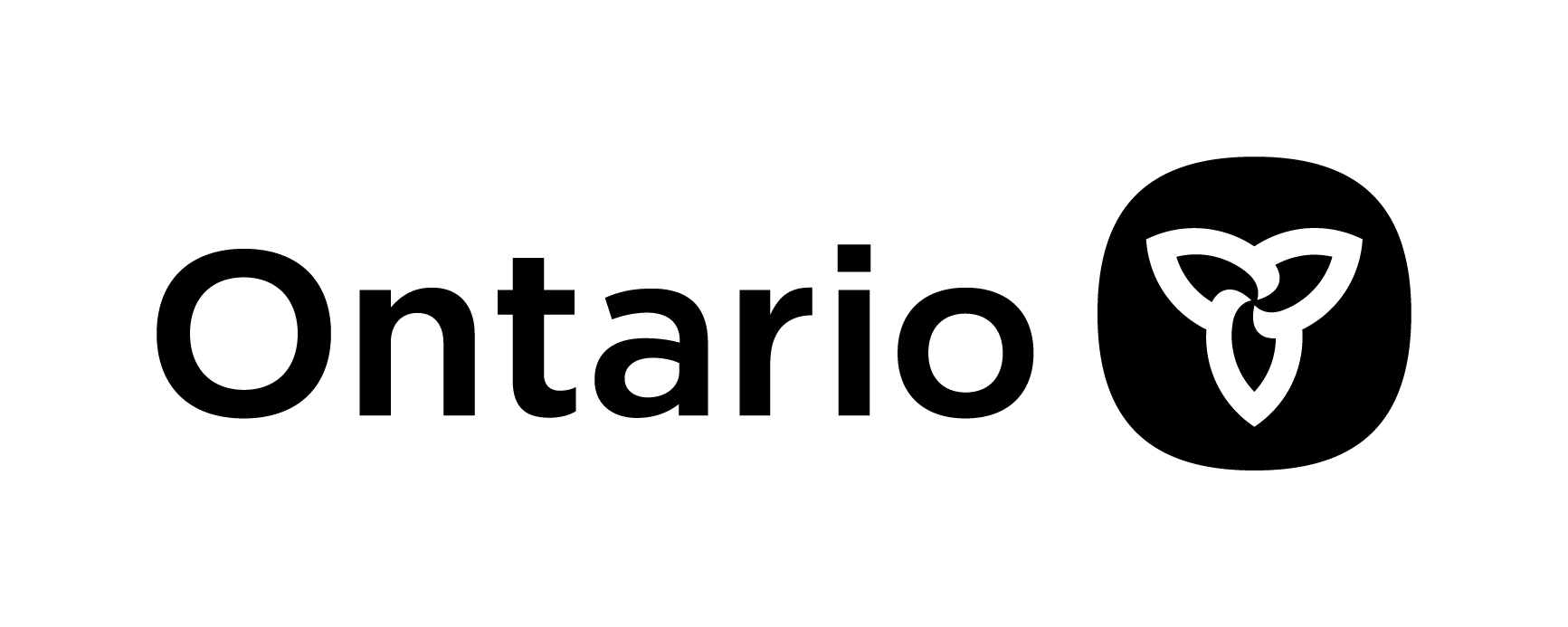

Fraud is the number one crime against older Canadians.
It is important to:
- Know the signs to look out for
- Protect yourself
- Know what can be done if you should experience fraud or computer scams.
“We’re trusting. We mean well. And sometimes, when we get pushed into a corner, we feel that the only option we have is to respond and give the person what they’re asking for.” Says Greg Charyna, owner of Home Instead Senior Care, in a CBC news article, found HERE, talking about a new website that aims to educate seniors on avoiding online fraud.
Please read this vital information to help you avoid fraud and tech support scams.
People who commit fraud and scams are commonly called con artists. Con artists don’t just target people who have a lot of money. A con artist may steal small amounts from many different people. They use a variety of ways to reach people, including the Internet, phone calls and even door-to-door visits.
If you are ever in doubt about a phone call or a computer link or a payment for something, it is important to trust your instincts: stop what you are doing, and do some further investigation or seek some assistance from the below links and/or someone you trust.
Scammers initiate contact with you through email, text messages, phone calls, or fake websites, often masquerading as reputable companies.
Report all fraud and scams to your local police, or call PhoneBusters at 1-888-495-8501
Computer or Internet scammers typically use various tactics to trick individuals into believing that their computers or devices are infected with viruses, malware*, or other issues, and that they need immediate assistance to resolve these non-existent problems.
Help protect yourself from a scam by looking out for these common signs:
- Pressure to make a quick decision either overnight or on the spot and are threatened if you don’t comply.
- Requests to keep matters confidential and not share the details with local authorities or family and relatives.
- Urgent messages demanding you contact the sender immediately.
- Being asked to provide money in unusual formats such as gift cards, bit coin and prepaid credit cards.
- An email from an unknown sender with a link or attachment.
- Email or phone requests for financial information (for example, credit card number, bank account information and personal identification number (PIN)).
- Email or phone requests for personal information (for example, Social Insurance Number (SIN), date of birth and security answers).
Some of this information comes from these links — check them out for much more:
- A Cyber-Seniors blog post found HERE
- An article by Canadian Bankers Association about overpayment scams found HERE
- Information from the RCMP on Internet scams HERE
- Home Instead – Protect Seniors from Fraud website HERE
- The Government of Canada HERE
- Take a Government of Canada Fraud Quiz to test your fraud knowledge HERE
- The Canadian Anti-Fraud Centre found HERE.
- Finally, check out the Scam Spotter Tool on GetSmarterAboutMoney.ca a very user-friendly financial education site developed by the Ontario Securities Commission found HERE.
You can find helpful and useful computer information by reading our article, “Computer Tips, Tricks & Technical Terminology” found HERE.
*Malware is software that is specifically designed to disrupt, damage, or gain unauthorized access to a computer system.


